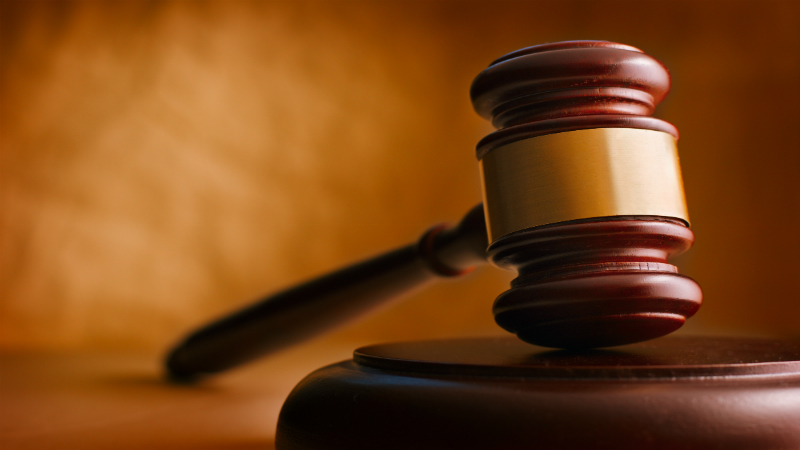The word “tort” is a legal term of art for a wrong. When one person’s carelessness and negligence harms another person and causes damages, a tort has been committed. In the law of personal injury, torts are committed in a variety of ways. Here are a few of them:
- Motor vehicle accidents.
- Motorcycle and pedestrian accidents.
- Airplane, train, bus and boating accidents.
- Injuries from dangerously defective products.
- Injuries occurring on property that is owned or occupied by somebody else.
- Nursing home negligence.
- Medical malpractice.
The Law of Negligence
Nearly all tort cases are based on the law of negligence. In order to prove negligence, certain elements must be proved. You’ll want a quality personal injury attorney Ponte Vedra working on your behalf, because if you fail to prove all of the elements of negligence, your claim will fail in its entirety. Those elements follow:
- The defendant owed a duty of care to the injured claimant.
- The defendant breached that duty.
- The breach of duty caused the claimant to be injured.
- The claimant suffered legally recognized damages.
Damages
Even when liability is clear, defendants usually dispute damages. Here are some examples of damages that are ordinarily recognized under Florida law:
- Past and future medical bills.
- Past and future lost earnings.
- Any permanent disfigurement or disability.
- Pain and suffering.
- Diminished enjoyment of life.
- Other significant damages in the event of a wrongful death.
The insurance company on the other side of your accident will do whatever it can to try and devalue your case. No matter what its representative says, don’t give that opposing insurer a statement of any kind. Florida law doesn’t require you to give that statement, and you’re likely to damage your case if you do give one. Rather than doing that, contact a personal injury attorney Ponte Vedra at Canan Law to arrange for a free consultation and case review.


